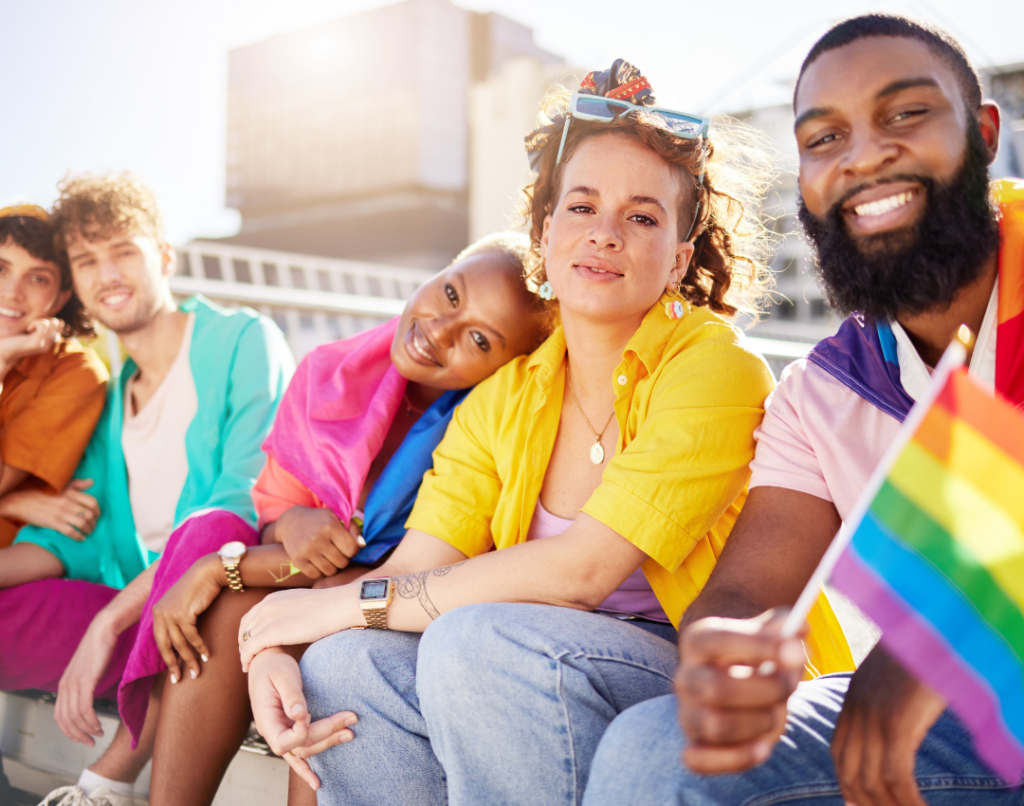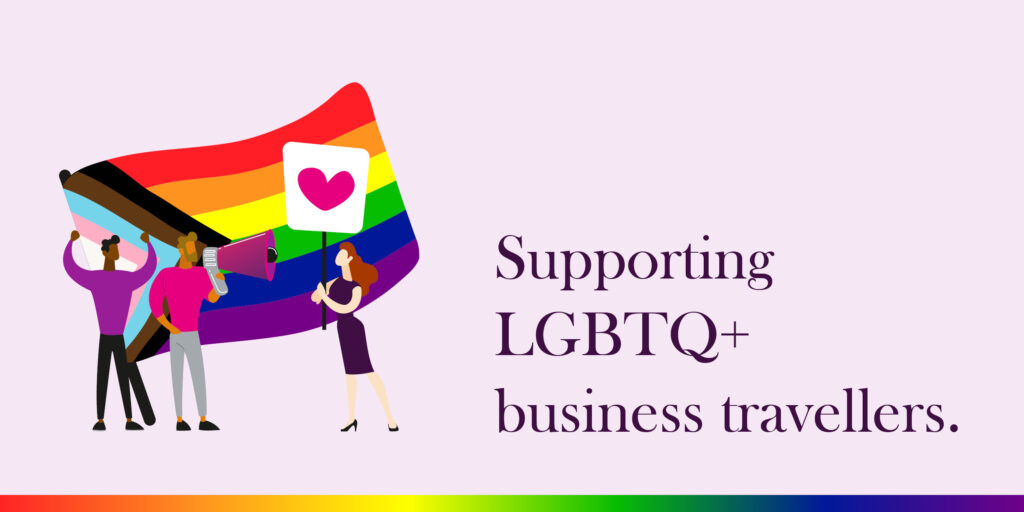The global meetings and events industry is projected to reach $2.1 trillion by 2032. And it’s set to grow at a compound annual growth rate of 6.4% from 2023 to 2032. It’s an enormous industry. Therefore it’s a reasonable assumption that a percentage of delegates attending these events will identify as LGBTQ+. As an event organiser you want all your attendees to feel welcome and safe. Reed & Mackay Head of Events UK Marali Kempthorne and Reed & Mackay General Manager Events US Kristy Thomas Bonet suggest some of the ways to create more inclusive meetings and events.

- As event organisers, you wouldn’t ask directly for delegates to share personal information about themselves. So weave inclusion into the planning of the event right from the start. Furthermore, when considering venues, for example, ask about their own inclusion policies. Have staff at the venue received diversity training? Are there gender-neutral bathrooms available? Is there a specific Diversity, Equity & Inclusion contact at the venue? And ask whether they ask all of the above from any suppliers they work with.
- Provide country reports for each destination, particularly if identifying as LGBTQ+ is illegal in the host destination. Reed & Mackay clients can access these via our online portal or ask your business travel consultant.
- When putting together the event programme, include a diverse range of speakers. While the content doesn’t have to be LGBTQ+ focused, an inclusive panel of speakers avoids bias towards certain experiences and delivers various viewpoints.
- Employ inclusive language right from the start, particularly around pronouns. This is within the registration process, in speaker scripts, on signage and programmes, on name badges. Equally, rather than welcoming delegates as ‘ladies and gentlemen’, use gender-neutral language.
- To offer additional support to delegates, you could include a pre-registration question. Something along the lines of ‘would you like any additional support in any area?’. So, if delegates want to share and ask for further help, they have the opportunity to do so without feeling pressured.
- Will you be providing information on where to visit in the event’s host destination? Also include details on LGBTQ+ friendly restaurants and bars in the area.
- Give delegates the opportunity to feedback on how inclusive they felt the event to be. Ask where to make improvements for next time, or whether they’re happy to share their experiences – anonymously if they wish. And ask your own employees if they’d like to share any advice on inclusivity at events. It’s gathering information from people with lived experiences that will provide the best insights.

Read the full report
Get in touch
Mail [email protected] to discuss all of your travel and event management needs.




